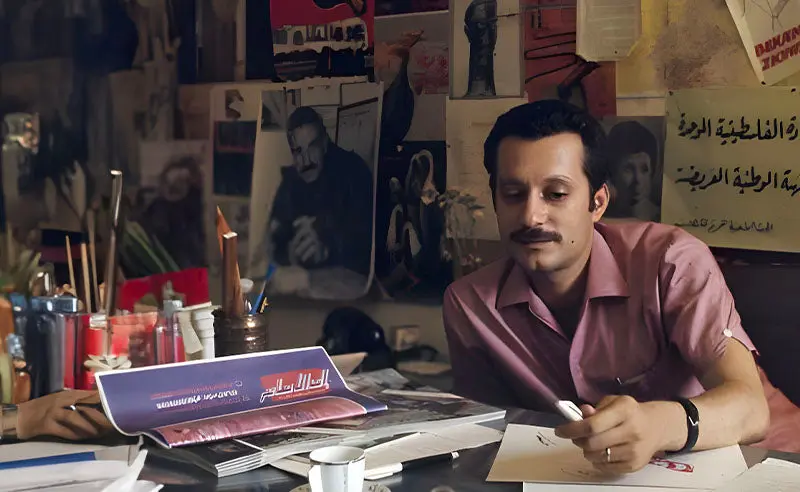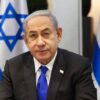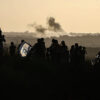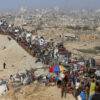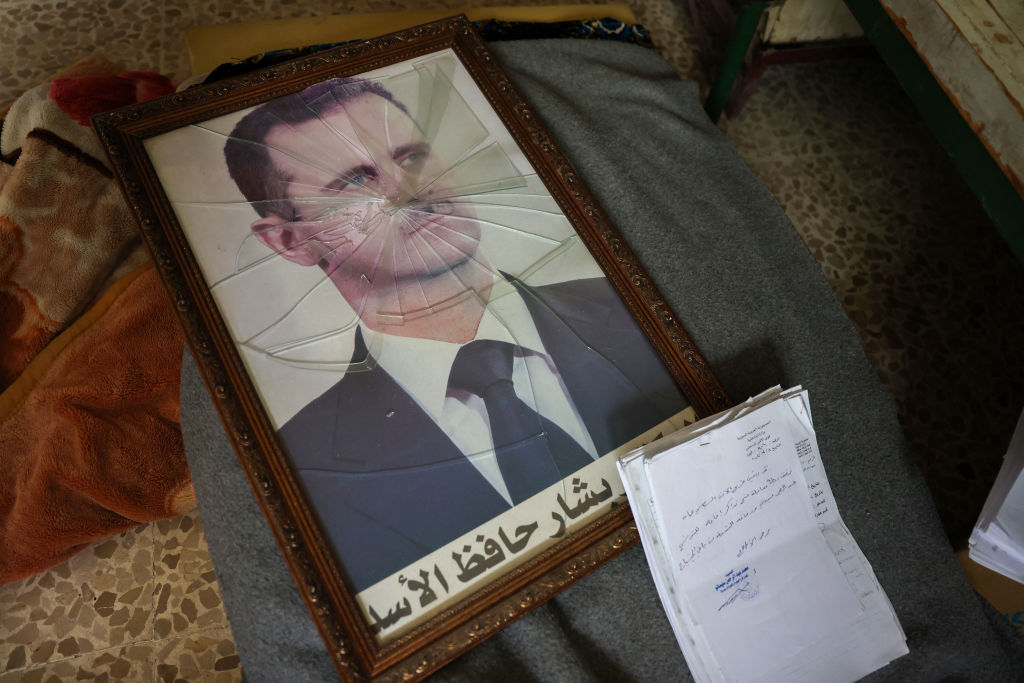On July 8, 1972, Palestinian author, journalist, and revolutionary Ghassan Kanafani was assassinated in Beirut by a car bomb planted by Israel’s Mossad. He was just 36 years old. His murder, which also claimed the life of his 17-year-old niece Lamees Najim, was not a random act of violence—it was a calculated political assassination targeting a man whose pen had become a weapon of resistance.
Kanafani was not just a writer. He was a fighter who understood the power of narrative in the struggle against colonization, occupation, and ethnic cleansing. His words were deemed so dangerous by the Israeli regime that they murdered him in broad daylight. His death remains a chilling reminder of how the Zionist project continues to silence Palestinian voices that refuse to be domesticated.
Literature as Resistance
Kanafani’s writing was rooted in the lived experiences of Palestinian dispossession. Through novels like Men in the Sun and Returning to Haifa, he chronicled the trauma of the Nakba—the 1948 forced expulsion of over 750,000 Palestinians by Zionist militias—and its aftermath. But more than documenting grief, Kanafani’s work was a clarion call to resist.
“The cause of Palestine is not a cause for Palestinians only, but a cause for every revolutionary… because it is the cause of the exploited and oppressed masses in our era.”
— Ghassan Kanafani
Kanafani pioneered what is now widely recognized as “Resistance Literature” (al-adab al-muqāwama), literature that does not just tell a story, but resists domination. His characters are not helpless victims; they are people navigating survival, exile, and dignity. His work inspired generations of Palestinians and global supporters to resist not just with arms—but with ideas, identity, and culture.
Assassination: Zionist Terrorism Against Thought
Israel’s Mossad justified Kanafani’s assassination as a “counter-terrorism” operation. But let’s be clear: Ghassan Kanafani never picked up a weapon. His only weapon was the written word. His crime, in the eyes of the Israeli regime, was articulating a powerful anti-colonial narrative that exposed Zionist hypocrisy, apartheid policies, and the racist foundations of Israel’s settler-colonial state.
His assassination represents a broader strategy used by the Israeli regime to eliminate intellectuals, artists, and thinkers who challenge its false image as the only “democracy in the Middle East.” From the bombing of media offices to the killing of journalists like Shireen Abu Akleh, the pattern of silencing Palestinian voices is clear and deliberate.
Exposing the Hypocrisy of the West
Kanafani was always clear-eyed about the West’s duplicity. While Western governments celebrated anti-colonial resistance in Algeria, South Africa, and Vietnam, they demonized the Palestinian struggle for doing the same. Kanafani exposed how the West demanded that Palestinians remain “civil” in the face of tanks, drones, land theft, and military occupation.
He once said:
“You don’t ask a man who is being slaughtered, ‘What do you think of non-violence?’”
This biting indictment of liberal double standards still resonates today. Western media and politicians continue to excuse Israel’s genocidal violence while branding Palestinian resistance as “terrorism.” Kanafani’s work challenges us to ask: Who gets to resist? And who decides what resistance looks like?
Why Kanafani Still Matters Today
As Israel wages a brutal genocide against Palestinians in Gaza and escalates settler-colonial violence in the West Bank, Ghassan Kanafani’s legacy is more relevant than ever. His life reminds us that resistance is not terrorism. His murder reminds us that Palestinian voices are feared because they speak the truth.
Kanafani represents what Zionist occupation fears most: a thinking Palestinian, an uncompromising intellectual, a revolutionary whose words outlive bullets.
In remembering Ghassan Kanafani, we must also recommit ourselves to the Palestinian struggle—not as spectators, but as active participants. Whether through protest, education, boycott campaigns, or media, the responsibility to resist lies with all of us.
Call to Action
- Read Kanafani’s work. Share it. Teach it.
- Expose the double standards of Western governments and media.
- Support Palestinian-led resistance movements, especially cultural and literary ones.
- Join the global Boycott, Divestment, and Sanctions (BDS) campaign.
- Honor martyrs not with silence, but with struggle.
Sources:
- Kanafani, Ghassan. Men in the Sun (1962)
- Kanafani, Ghassan. Returning to Haifa (1969)
- “Ghassan Kanafani: The Palestinian Intellectual Murdered by Israel.” Al Jazeera, 2021
- Erakat, Noura. Justice for Some: Law and the Question of Palestine (2019)
- Said, Edward. The Question of Palestine (1979)
- Nassar, Hala Khamis. “Palestinian Literature and Resistance: A Reappraisal.” Journal of Palestine Studies, Vol. 32, No. 2
- “On Kanafani’s Martyrdom and the Assassination of Ideas,” Mondoweiss, 2022
- Kanafani quotes from interviews and Palestinian Resistance Literature, Institute for Palestine Studies
